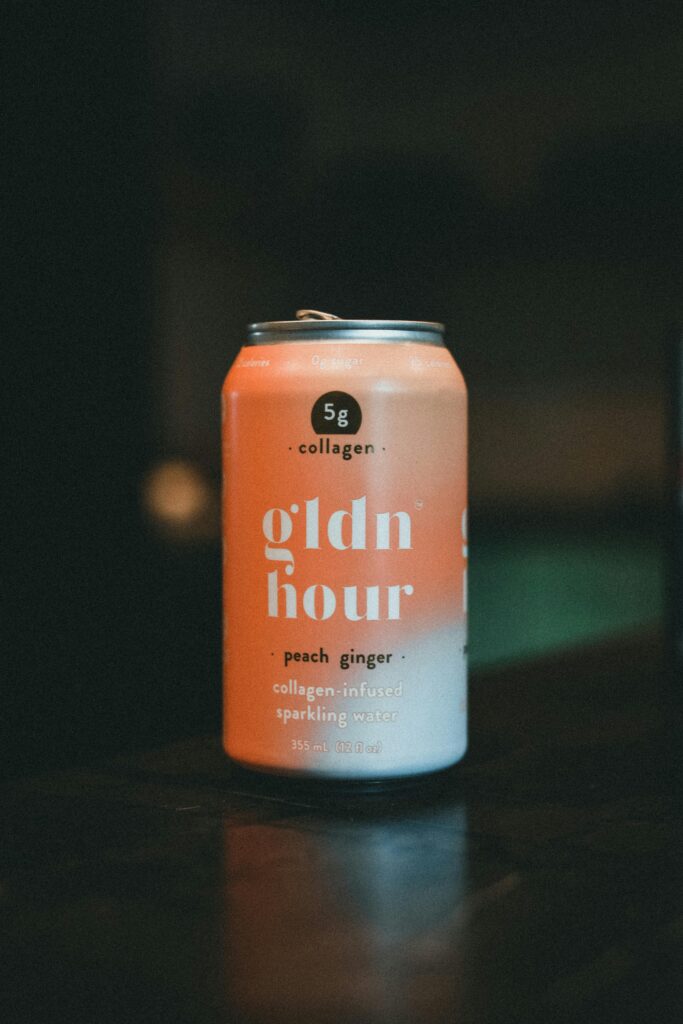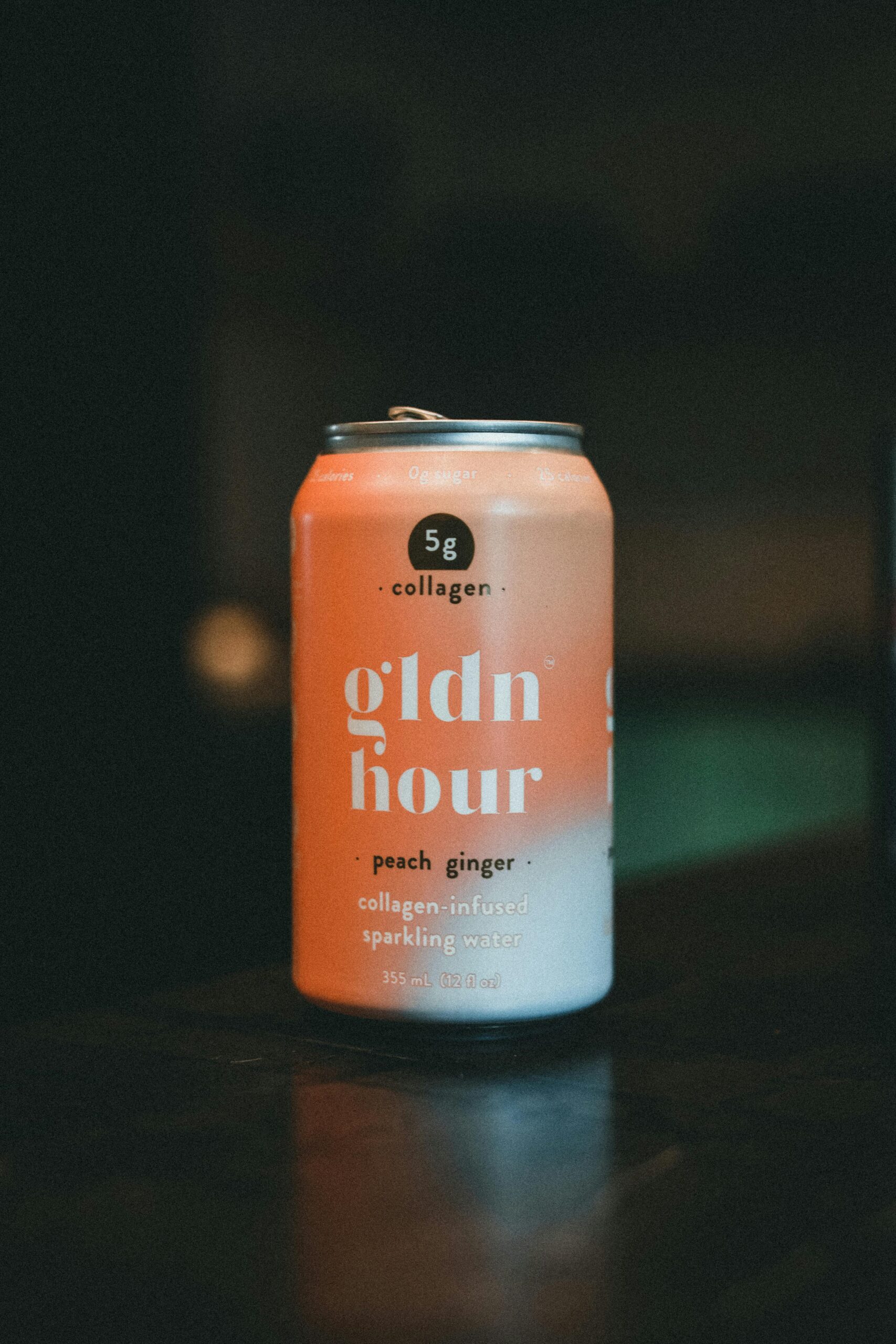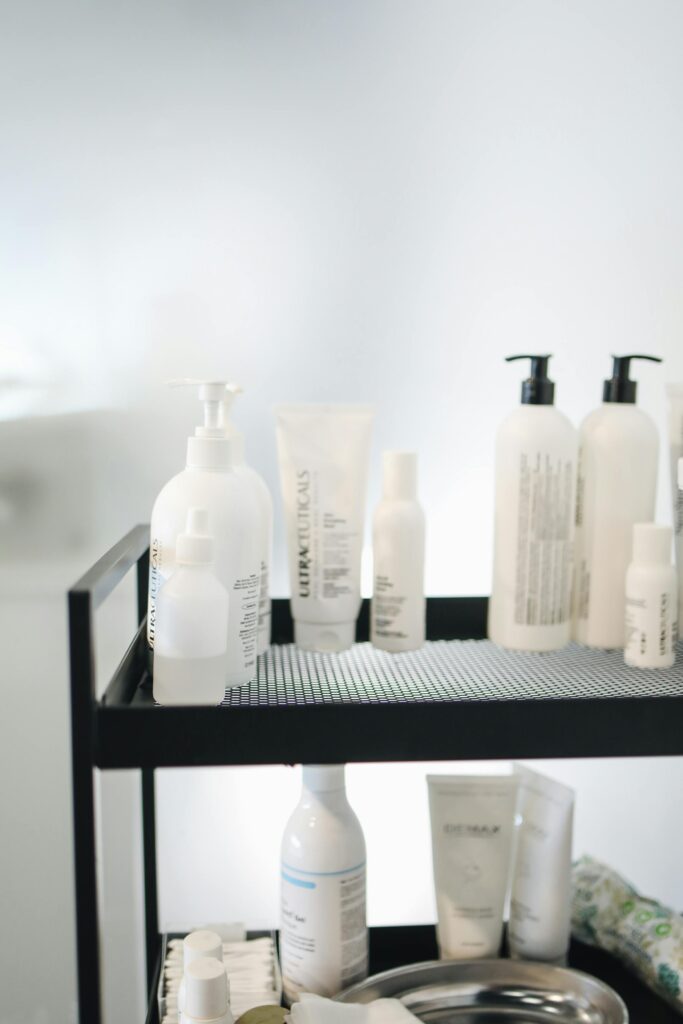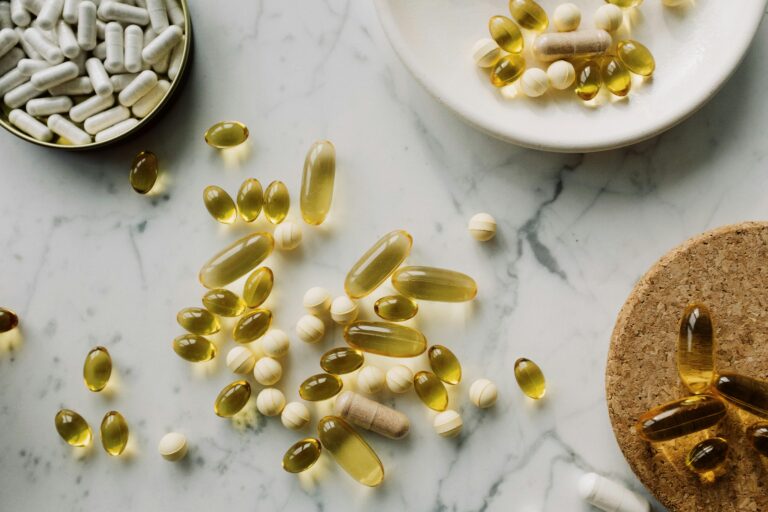Do Collagen Drinks Work? What Influencers Won’t Tell You
Collagen is no longer just in your serums or moisturizers – it’s in your coffee, smoothies, and even canned sodas. But do these drinkable beauty boosters actually work, or are they just expensive flavored water hyped by influencers?
What You’ll Learn
- What collagen really is
- Different types of collagen
- If eating or drinking collagen helps with appearance
Setting the Record Straight – What Is Collagen?
Collagen is a protein made up of amino acids (you might recognize this from my post on peptides) and acts as the primary building block of the skin, muscles, bones, tendons, ligaments, and other connective tissues in the body (it can also be found in your organs, blood vessels, and intestinal lining).
The five main types of collagen are:
But did you know there are actually 28 collagen subtypes in the skin, bone, and collective tissue?
Eating and Drinking Collagen: Does It Help?
The answer is a little complicated. The short answer? Not really.
Collagen in its whole form cannot be absorbed by your body, so it breaks down the protein you eat or drink and converts it into amino acids. Oral collagen supplements (like pills, powders, or canned drinks) usually contain two or three amino acids and are sold as collagen peptides that are then absorbed through your gastrointestinal tract.

The Bad News
There is very little research on the effectiveness of dietary collagen supplements. A few studies have indicated that collagen peptides may be effective for improving skin hydration and elasticity. However, it’s important to note that many of the studies conducted with these supplements are funded by or have strong financial ties to the supplemental industry.
The Worse News
The FDA doesn’t regulate supplements – meaning companies don’t have to prove that their products: 1) do what the label claims, 2) that the product is safe, or 3) that the product is effective.
It also goes without saying that collagen supplements need to be carefully packaged, stored, and formulated to the right pH level to remain effective. I won’t touch on that here – mostly because brands are rarely transparent about those details. So, let’s give them the benefit of the doubt that they are following best practices (because corporations never lie or cut corners).
But Lyra – I’ve Noticed a Difference After Drinking Collagen
I love that for you – truly. If you’re taking supplements and aren’t experiencing adverse side effects, I’m not going to try to convince you to throw your bubbly drinks and collagen powders.

But I will gently hold your hand while I say this:
Even if you are taking the best collagen supplement on the market, you can’t direct the amino acids where they will be used. Your body will recognize the peptides (chains of amino acids) and send them to whatever part of the body that needs them the most.
Final Thoughts
Collagen drinks are trendy, well-packaged, and fun to consume. But when it comes to the science, the evidence is flimsy – and often paid for by the companies selling it.
That doesn’t mean you need to toss your supplement stash, but if you’re expecting plumper skin from a bubbly peach-flavored tonic, you may want to temper those expectations. Real change comes from consistent habits, not miracle drinks.





